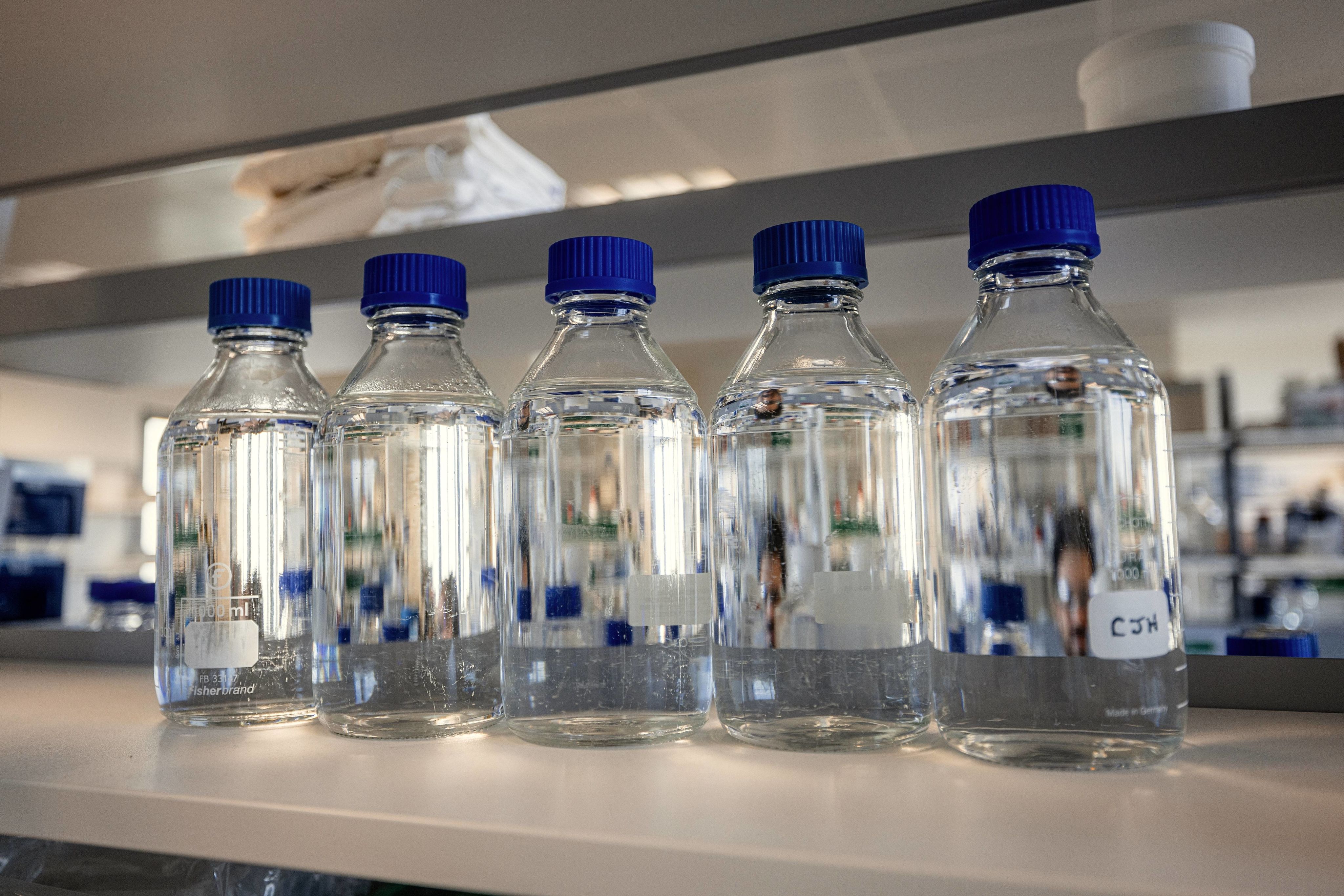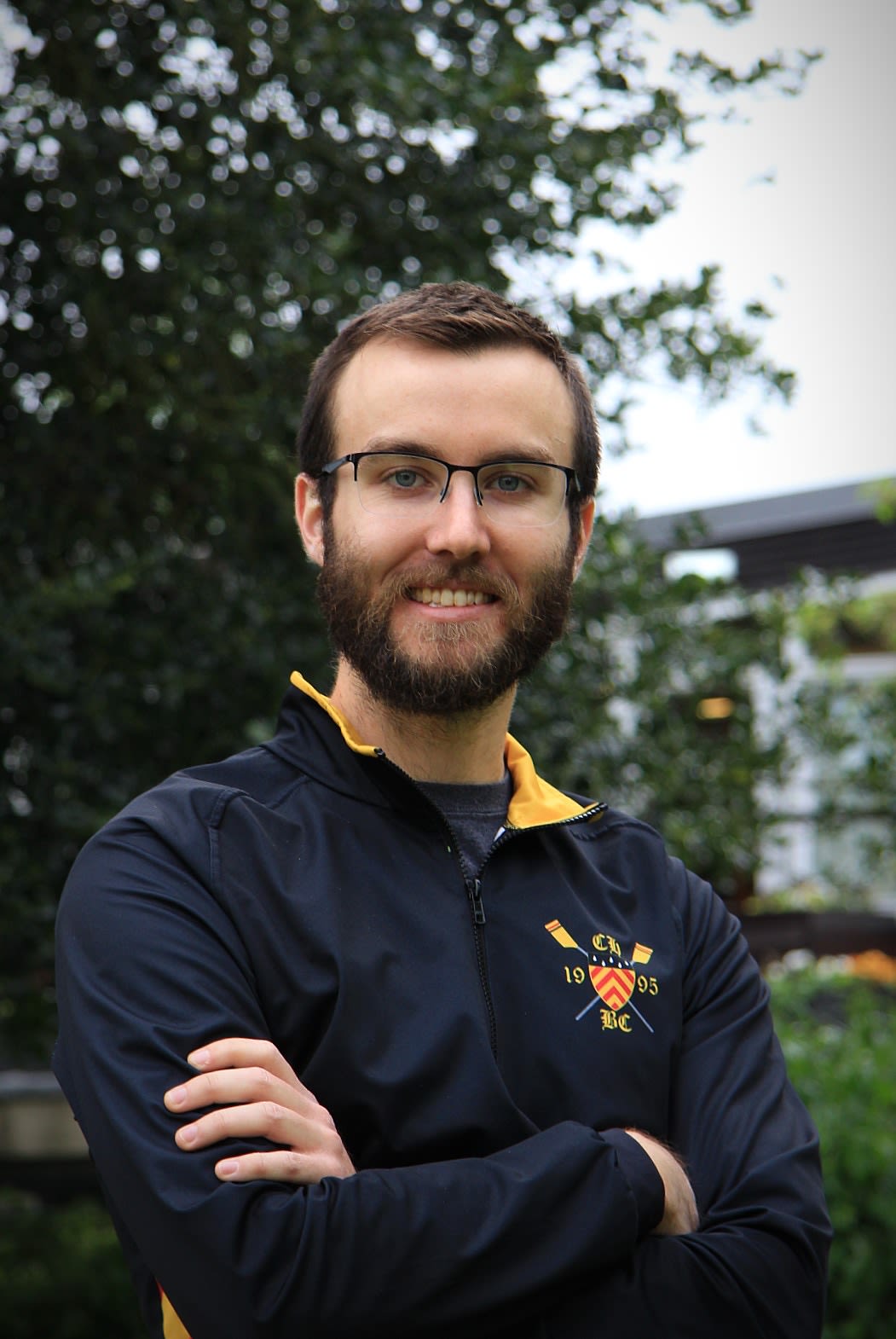Researcher Spotlight: Collin Smith
Advancing renewable energy
Junior Research Fellow Dr Collin Smith discusses his deep commitment to sustainability into his work in chemical engineering. Focused on decarbonisation and the net zero challenge, he is dedicated to reshaping the industry for a greener future.

The future of the chemical industry depends on accelerating decarbonisation – and Dr Collin Smith is determined to help make that happen.
As a Junior Research Fellow, Collin’s research takes place within the Department of Chemical Engineering and Biotechnology (CEB). His fellowship, a prestigious position awarded by Clare College, enables him to pursue independent research while benefitting from the guidance of senior academics. His work is conducted within Professor Laura Torrente’s Catalysis and Process Integration research group, where he explores how to reduce carbon emissions from processes long dependent on conventional energy sources.
Through his research, Collin is investigating how machine learning could be used to enable renewable energy to power the chemical sector in a way that is both resilient and commercially viable.

“The chemical industry is responsible for 10 to 15% of global CO₂ emissions,” Collin points out, referencing the group’s 2024 paper on ‘The potential of green ammonia in the defossilisation of the steel, glass and cement industries’.
“Transitioning this industry to renewable energy is an enormous challenge. We're talking about transforming processes that have been deeply embedded in carbon-intensive infrastructure for over a century. It’s not just about reducing emissions – it’s about rethinking the entire system.”
Collin’s research is looking at how to integrate solar and wind power into chemical processes, ensuring they remain resilient to fluctuations in energy supply. By applying machine learning to historical weather data, he maps out ways to align energy patterns with process design, making these systems viable in an unpredictable climate.
"The key is designing chemical processes that aren’t just adaptable but are also capable of operating in a future where energy supply is unpredictable,” he added.
Collin is a longstanding member of CEB, having completed his PhD with Prof Torrente’s group in 2022, where he focused on developing small-scale, agile processes for producing green ammonia using only water, air, and renewable energy. He then secured a grant from the Breakthrough Energy Foundation to advance early-stage climate technology, specifically investigating materials for storing energy in green ammonia before going on to secure the fellowship.
His work goes beyond the lab as he co-founded Cambridge Innovations in Ammonia, which is developing commercially competitive Power-to-X processes. In partnership with Cambridge Enterprise, he is also working on heat integration technologies which provide an energy buffer and enhance the efficiency of chemical processes powered by intermittent renewable energy.
Collin’s path to Cambridge began in Geneva, Illinois, a small town on the outskirts of Chicago, where he developed an early interest in energy and agriculture. His undergraduate studies in Chemical Engineering at the University of Minnesota was where a research internship sparked his interest in using wind power to produce fertiliser on farms, ultimately leading him to explore ammonia as an energy storage medium – a focus that remains central to his research.
“I find renewable energy research compelling not just because of the technical challenges but because a sustainable future depends on rethinking how the chemical industry operates,” he says. “The current industry is built on the on-demand extraction of carbon-intensive resources. To transition to sustainability, we need chemical processes that are agile, distributed, and adaptable to shifts in climate – fundamentally different from today’s model.”


